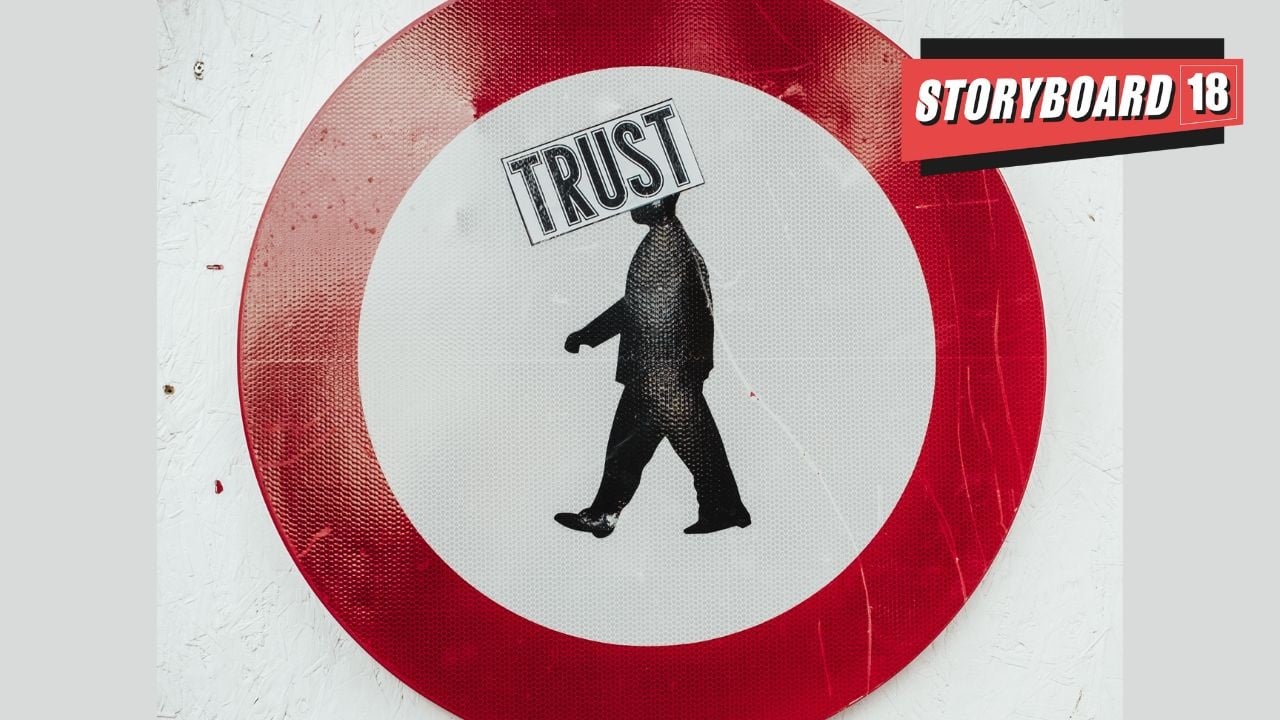Parenting in any era has its challenges. The ubiquity of digital media, however, has added a new layer to parenting, with kids spending more time on the internet and parents finding it increasingly challenging to understand what online content their children are consuming. The layer of complexity that digital media adds to parenting is clear — 71 percent of parents say that parenting in today’s digital environment is more difficult than when they were growing up.
After all, there’s an added concern that’s keeping parents up at night: the safety and appropriateness of online content.
Nearly all parents surveyed said that it’s important to have a conversation with their children about the safety of online content. Not only that, but more than half of parents say this conversation with their children is ongoing and that it’s something they often discuss with other parents.
98 percent of parents say that it’s important to have a conversation with their children about the safety of online content.
82 percent of parents have discussed the safety of online content with other parents in the past year.
60 percent of parents discuss the safety of online content with their children at least once per month.
The internet has experienced relentless change over the past few years, largely due to the Covid-19 pandemic. Parents became acutely aware of misinformation during this time, with 51 percent reporting that they’re now more aware of misinformation in online content. As a result, nearly half of parents claim to be more careful post-pandemic about the content their children see online.
Parents perceive the amount of harmful or inappropriate content online to be growing, with 69percent agreeing that the amount of inappropriate content online has increased after the pandemic. The types of content that concern parents are varied, but the biggest offender is sexually inappropriate content, followed by violence.
How is the government protecting kids online?
Parents generally agree that the government isn’t providing adequate assistance in protecting children online, despite growing concerns and massive spread of misinformation. Only 27 percent are aware of proposed changes to online privacy acts designed to help protect children, like the Children’s Online Privacy Protection Act (COPPA) 2.0 and the Kids Online Safety Act (KOSA).
Of those aware of these proposed changes, only 59% of parents think they are sufficient in protecting their children.
How is the advertising industry protecting kids online?
Parents unfortunately don’t think the advertising industry is doing enough to protect their children from misinformation, harassment, or other dangers of the internet either — and this applies to advertisers, publishers, and social media platforms.
83 percent of parents say social media platforms can be detrimental without proper controls in place.
77 percent of parents say publishers should be concerned about the well-being of their audience.
72 percent of parents say brands have a moral imperative to advertise responsibly.
What parents consider as responsible advertising:
Advertising on sites that have content that is safe and appropriate for children.
Advertising on sites that are committed to protecting user privacy.
Advertising on sites free from misinformation or fake news.
Advertising that helps support diverse content creators.
Advertising on sites that are conscious of their carbon footprint.
